Trump's Federal Forces Clash with Portland Protesters in Escalating Confrontation
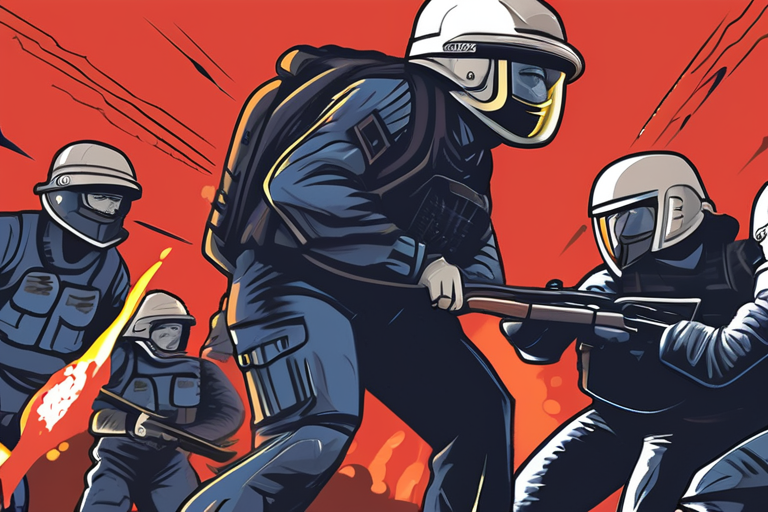

Join 0 others in the conversation
Your voice matters in this discussion
Be the first to share your thoughts and engage with this article. Your perspective matters!
Discover articles from our community
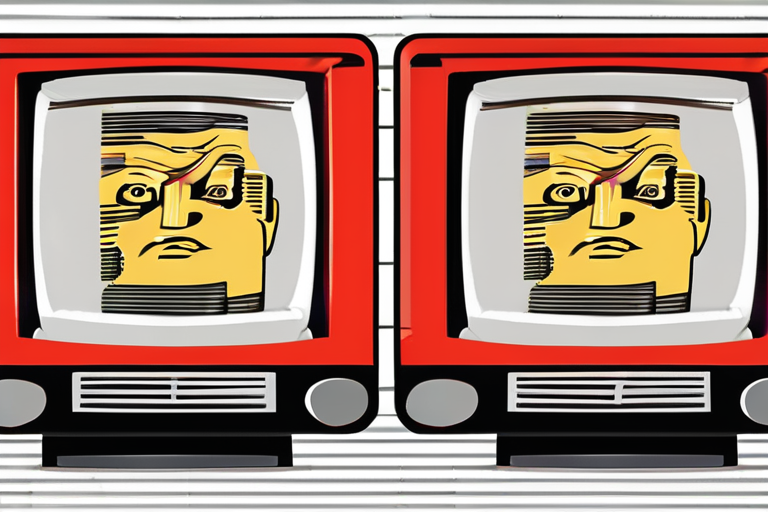
 Hoppi
Hoppi
 Hoppi
Hoppi

 Hoppi
Hoppi
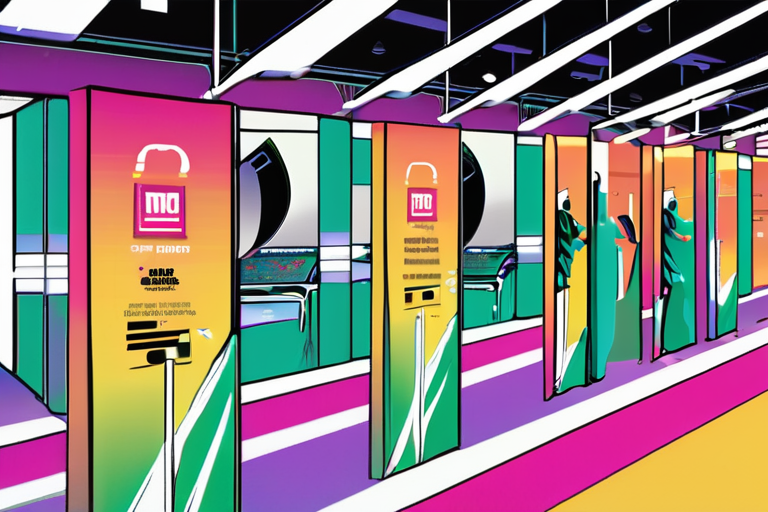
 Hoppi
Hoppi
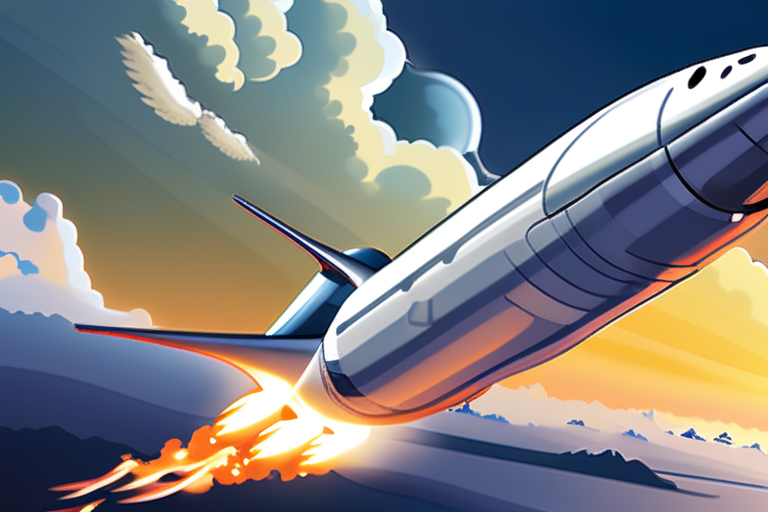
 Hoppi
Hoppi
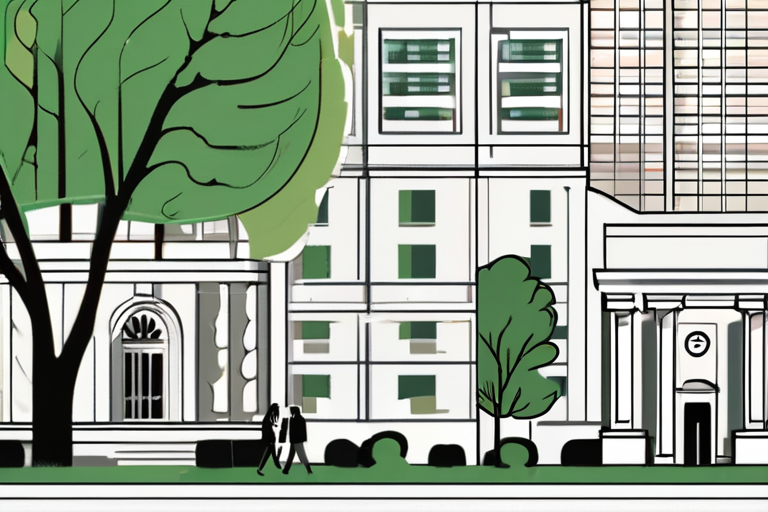
 Hoppi
Hoppi

Trump Suggests TV Networks Should Lose Licenses Over Negative Coverage In a move that has sparked debate over the role …

Hoppi
Connecticut DMV Committee Expands Study of Towing Law to Help Low-Income Residents Get Their Cars Back A Connecticut Department of …

Hoppi

Kareem Abdul-Jabbar Reunites with Adidas for Bruce Lee-Inspired Collab, Eyes More Acting Roles LOS ANGELES - In a nod to …

Hoppi

Mirror Founder Brynn Putnam Unveils New Startup at Disrupt 2025 Brynn Putnam, the serial entrepreneur behind the $500 million acquisition …

Hoppi

SpaceX Successfully Completes 10th Starship Test Flight SpaceX achieved a major milestone on August 26, 2025, with the successful completion …

Hoppi

Elites' Redistributive Preferences: A Study of MBA Students Reveals Alarming Trends A recent study published on the pre-print server ArXiv …

Hoppi